Hospitals and universities around the world are embracing VR-based training. A recent clinical validation study at UCLA’s David Geffen School of Medicine found that VR training improved participants’ overall surgical performance by 230% compared with traditional training methods. VR-trained participants completed the procedure an average of 20% faster than the traditionally-trained group. They also completed 38% more steps correctly in the procedure-specific checklist.
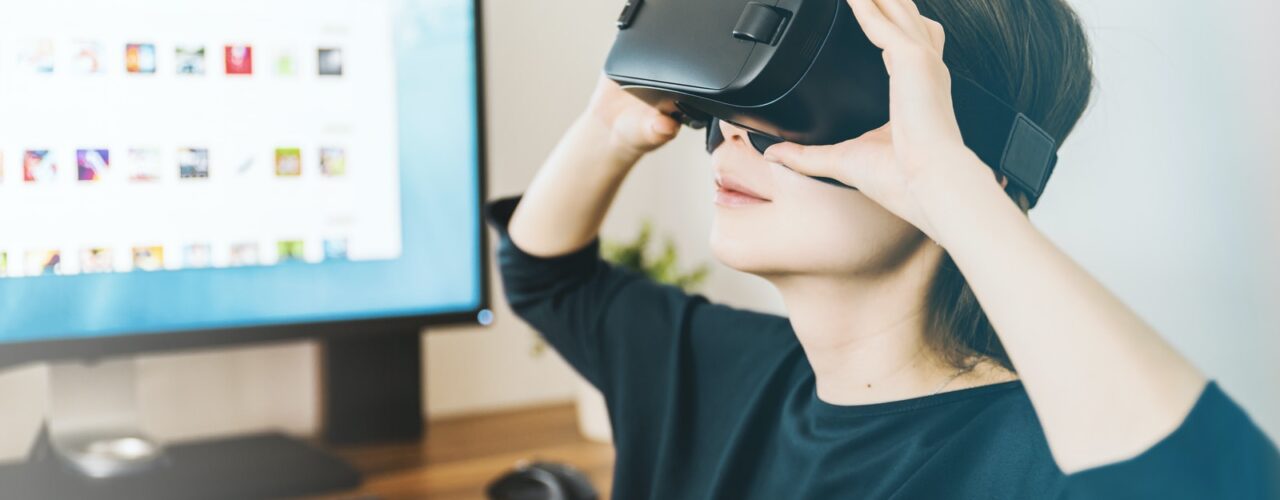
So what?
Advancements in systems and tools for training for complex medical procedures hold promise for saving and improving lives. These tools can address the disparity in surgeon and other medical professional preparedness between their residencies and fellowships. What are the opportunities to ensure that VR and other virtual training is equitably distributed and available to those who currently do not have access to this technology?


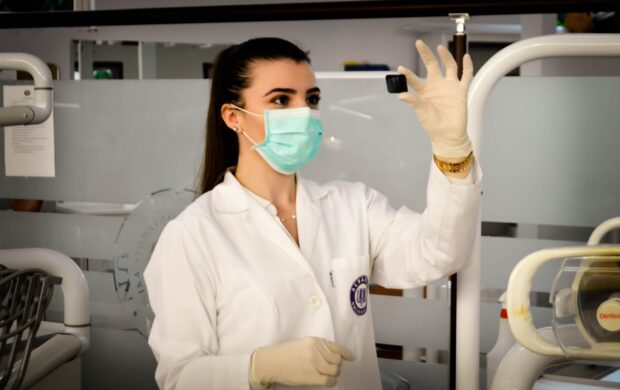

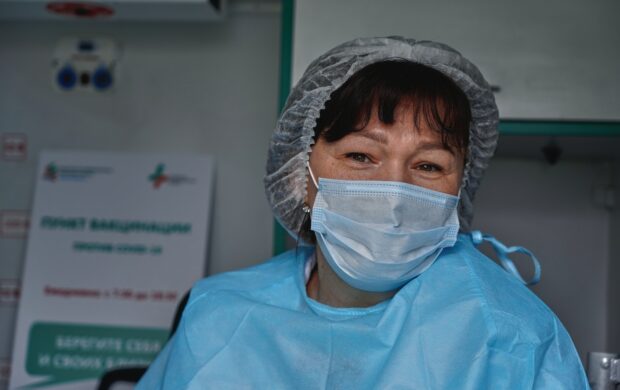

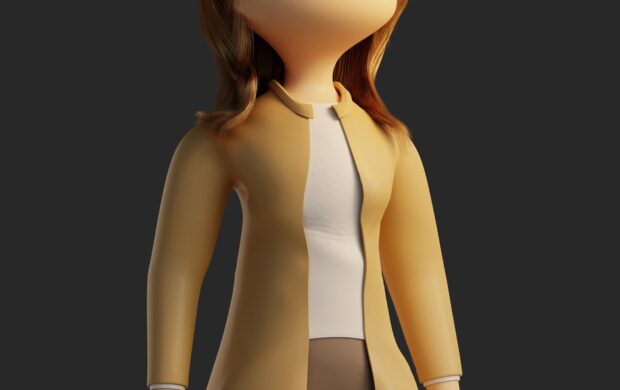
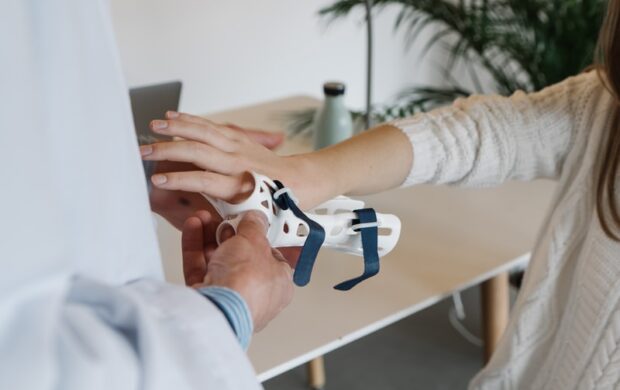


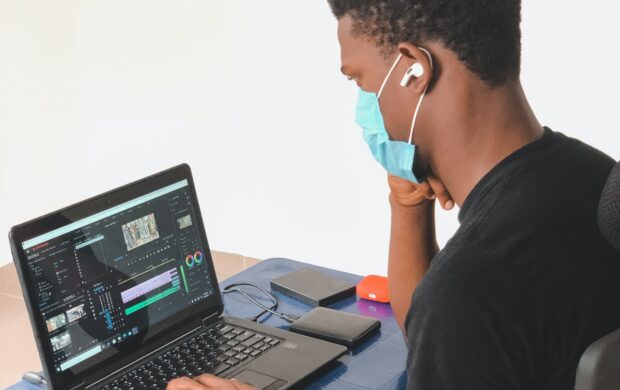



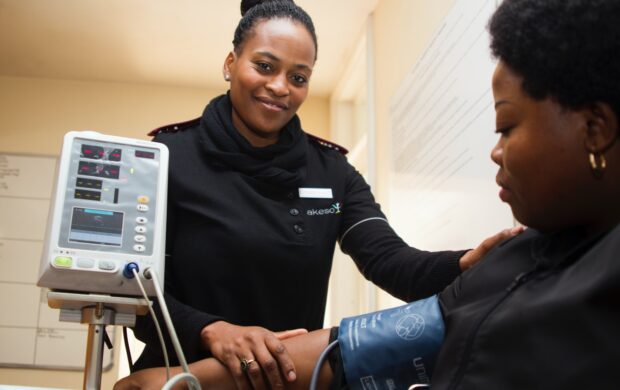

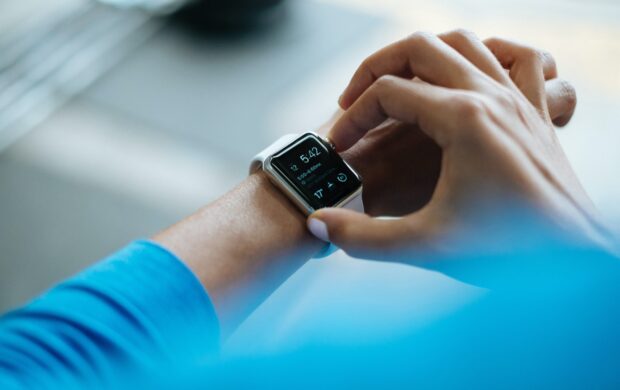


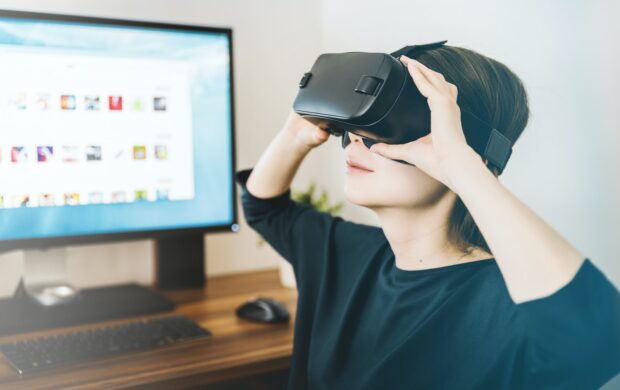



Join discussion